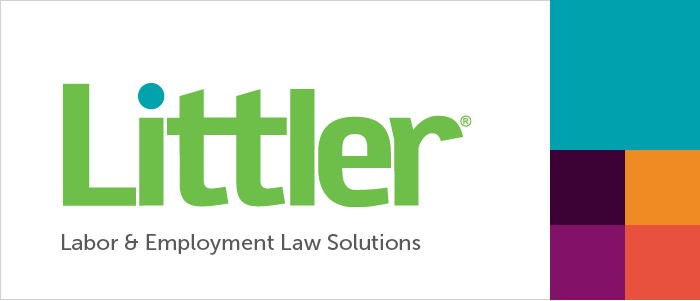
WRITTEN BY:
- Workplace Use/Possession Can be Prohibited. Employers may continue to prohibit the use or possession of marijuana during work hours, on employer premises and while using an employer’s equipment or other property.
- Employers Should Update Their Drug-Free Workplace Policies. Employers may continue to take adverse employment action based on recreational marijuana use provided a written policy is in effect to prohibit such use. Similarly, the law expressly allows employers to rescind conditional offers of employment to applicants who test positive for recreational marijuana use, provided the policy is made available to the applicant at the time the offer is made.
- A Written Policy is Not Required to Support Reasonable Suspicion Drug Testing. Employers are permitted to take adverse action against an employee who fails a reasonable suspicion drug test for marijuana, even if the employer has not implemented a written policy. (Of course, urinalysis testing—other than federally mandated testing—must continue to satisfy the Connecticut workplace urinalysis testing law).3
- Certain Industries are Expressly Exempt from Provisions Prohibiting Adverse Action Absent a Written Policy. Although the new law lacks clarity, it appears that employers in certain industries, including but not limited to mining, utilities, construction, transportation and delivery, healthcare or social services, educational services, and justice, public order or safety activities are specifically exempted from the statutory provisions prohibiting adverse employment action unless taken pursuant to a written policy.
- Certain Positions are Also Expressly Exempt. Employees in certain positions are also expressly excluded from protections offered workers who engage in off-duty recreational marijuana use. Express exemptions include, but are not limited to, positions regulated by the Department of Transportation (DOT), positions funded by federal grants, positions requiring supervision of children, medical patients or vulnerable persons, and positions with any potential health/safety impact (as determined by the employer). Individuals working in these positions are not entitled to legal protection for off-work marijuana use.
1 See Dale Deitchler and Sean Malley, Recreational Marijuana Use Away from Work Now Protected in New York, Littler ASAP (Apr. 2, 2021).
2 See Lauren J. Marcus, Dale Deitchler, Nancy Delogu, and Dylan Dindial, Off-Duty Recreational Cannabis Use to be Protected in New Jersey, Littler ASAP (Feb. 24, 2021).
3 Conn. Gen. Stat. secs. 31-51t-51aa.
4 Specifically, Connecticut’s recreational marijuana law did not change existing protections for medical marijuana users under the state’s medical marijuana statute and related caselaw.




